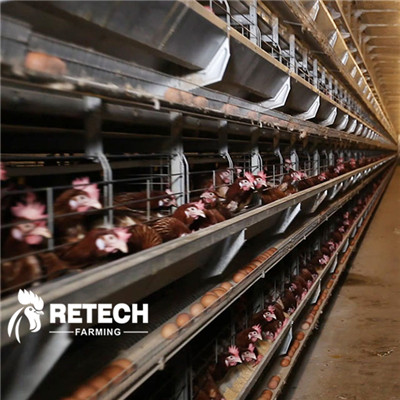2. Appropriate humidity
Humidity is the abbreviation of relative humidity, which refers to the amount of water in the air, not the wetness of the ground. Humidity is not only related to temperature but also ventilation.
When the ventilation rate is constant, if the ground has sufficient moisture, the temperature will increase and the moisture will evaporate, and the air humidity will increase; if the ground does not have sufficient moisture, the temperature will increase and the air humidity will decrease.
High temperature does not mean high humidity, and low temperature does not mean low humidity. For example: In summer mornings, although the temperature is lower, people feel that the air is very humid. It is because when the temperature drops at night, it condenses into small water droplets on the ground. When the sun rises and the temperature gradually increases, these small water droplets gradually evaporate, increasing the air humidity;
However, when the temperature is high at noon, the humidity will drop, which is due to the lack of moisture on the ground.
It is very difficult to increase the humidity of the chicken house during brooding in winter. To increase the humidity, the temperature must be raised to evaporate the water on the ground, but the evaporation of water must absorb a lot of heat energy, and the temperature in the house will decrease.
Only with good heating equipment that consumes a lot of energy can both the humidity and the temperature be guaranteed. So humidity and temperature are a pair of contradictions. In the case that the humidity cannot reach the ideal humidity, the temperature can be appropriately lowered to compensate. The temperature is too high and the humidity is too low. Be sure to pay attention to humidity during dry seasons.
The effect of humidity on broilers and the solution: Although the relative humidity requirements of chickens are not as strict as those of temperature, in extreme cases of high and low humidity, it will also cause great harm to the normal growth and development of chickens , Especially in the first three days of the brooding period, if the relative humidity of the house is too low (less than 30%), because the relative humidity of the hatchery is very high (75%), it is difficult for the chicks to adapt, and often appear to the waterer. The phenomenon of “bathing” drilled inside. This is because the relative humidity is too low, coupled with the high temperature of the brooding, the moisture in the skin of the chicks is quickly evaporated to dryness, and the moisture in the body is dissipated a lot with breathing, which will soon be dehydrated.
In order to replenish the body’s water, it is necessary to drink more water and drill into damp places.
This “bathing” phenomenon indicates that the relative humidity is too low, which is very dangerous. Lightly, some chickens will be crushed, drowned or squeezed to death due to water grabbing. Heavy can cause diarrhea, indigestion, and even dehydration.
If the relative humidity is not enough for a continuous week, the skin of the legs and toes will be wrinkled, dry, dull, weak, and the yolk will be poorly absorbed, or diarrhea will occur due to excessive drinking, and the mortality rate will increase significantly.
These dead chicks tend to be much smaller than normal chickens, with crunched, dry feet and sticky anus.
The best way to increase the humidity of the chicken house is to use a humidified air heater or boiler steam. Spraying hot water with spray gas is a better emergency method.
However, when brooding in the rainy season in autumn, the humidity should be properly controlled. If the humidity is too high, the feathers of the chicks will not grow well, be messy, have poor appetite, and bacteria and parasites will easily multiply and cause disease. If the humidity is too high due to the rainy season in autumn or poor ventilation in the late rearing period, bacteria will multiply, resulting in poor indoor air quality and infectious diseases such as coccidiosis.
Methods to reduce humidity: one is to control the moisture on the ground, and the other is to increase the ventilation under the condition of thermal insulation.
When the temperature is constant, ventilation and humidity are also a pair of contradictory relationships: a large amount of ventilation reduces humidity; a small amount of ventilation increases humidity. In conclusion, humidity is especially important during the first week of brooding and has a big impact on the chicken. It is not an optional indicator, but a hard indicator that cannot be defaulted.
Post time: Jun-17-2022









